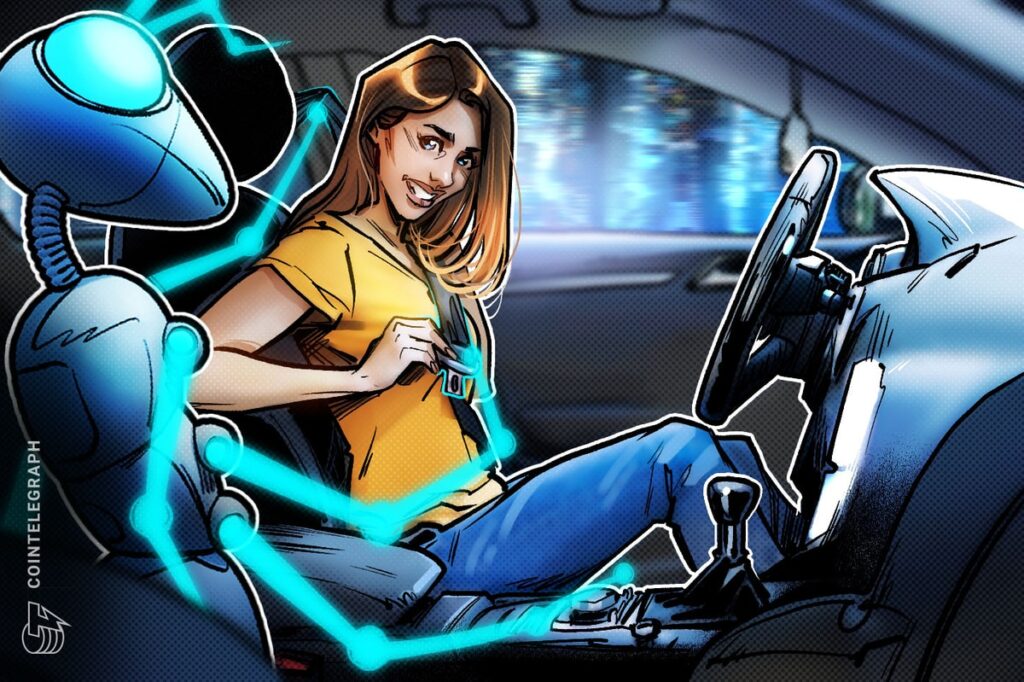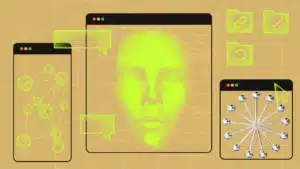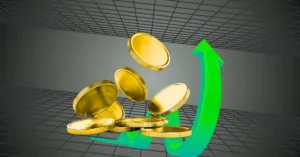Ford, Toyota double down on blockchain as driverless car technology drops

Ford and Toyota continue to lead the way in the development of blockchain-based vehicle technology—at least according to recent patent filings from both automotive companies.
Between the two, Ford and Toyota filed a total of at least 43 blockchain-related patents in the second quarter of 2024. Patents filed in the industry as a whole were lower in Q2 than in the previous quarter.
However, both Ford and Toyota bucked the trend, according to data from GlobalData Patent Analytics and Just Auto. Ford increased its filings from just three in Q1 to 14 in Q2, while Toyota improved from 25 patents in Q1 to 29 in Q2.
The top five companies with blockchain patents in Q2 2024 are 29, 14, seven, six and six, respectively. Source: GlobalData Patent Analytics
Blockchain for Automotive
Patents filed by Ford, Toyota and other automotive industry companies over the past few months address a myriad of concerns in the sector. Ford, for example, recently filed a patent that could provide an unchanging provision for vehicle ownership.
According to the application, Ford's system manages vehicle ownership information…including changes in vehicle ownership, through smart contracts that are automated in response to real-time event data.
This uses the block chain as an immutable ledger to record vehicle title when it occurs. In this system, it is simple to use smart contracts to exchange both the physical commodity (the vehicle) and the property associated with ownership (the title) simultaneously in an autonomous transaction.
Related: Ford prepares to enter metaverse with virtual cars and NFTs
Meanwhile, a recently filed Toyota patent shows that the company is exploring an internal blockchain-based system for managing non-fungible tokens (NFTs) associated with its vehicles. This system ensures that vehicles in storage, such as those held by dealers pending sale, are accurately reflected on the blockchain record.
Driverless vehicle technology
Toyota and Ford have shown signs of adjusting their strategies to focus on “driver assistance” technologies in autonomous vehicles. A recent meeting of hundreds of insiders working in the “driverless car” industry showed that while optimism among companies remains high, the overall content of the tech world is that society still hasn't solved the challenges that prevent robotaxis from taking off. Public.
RELATED: Busan Is Developing an Ethereum-compatible Mainnet to Become a ‘Blockchain City'
The transition to mature blockchain technology could give Ford and Toyota a competitive advantage going forward, even in the autonomous vehicle sector. One of the major issues being explored by both industries is the impact of blockchain-based urban infrastructure on driverless vehicle technology.
Magazine: Proposed Change Could Save Ethereum From L2's ‘Roadmap to Hell'













